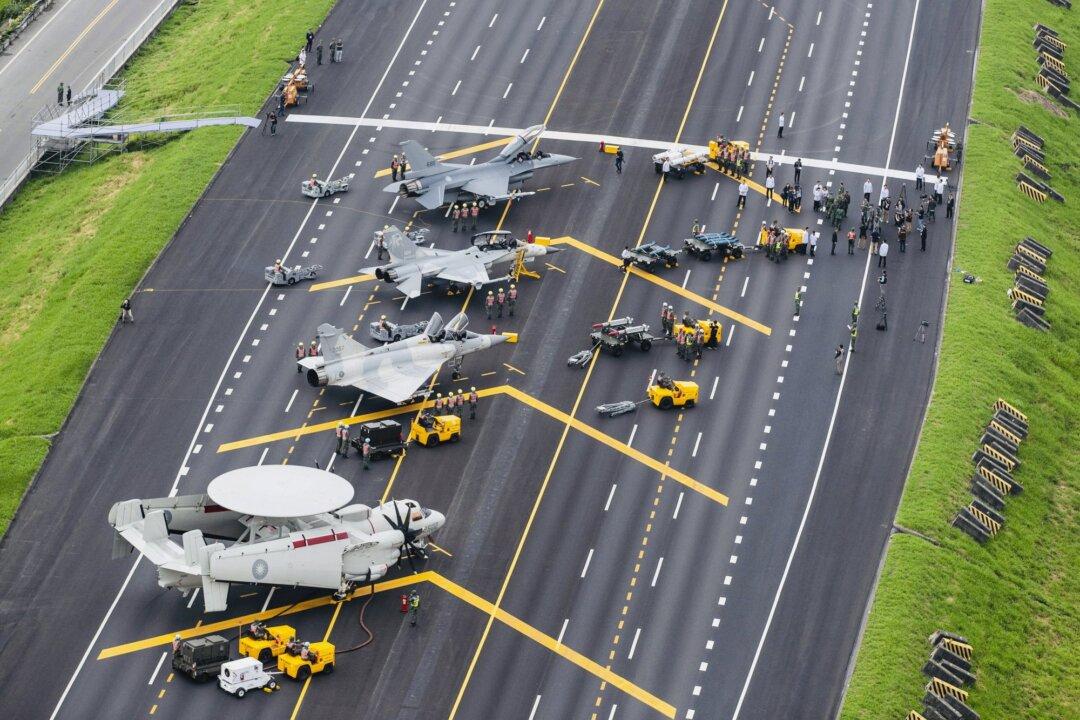Commentary
As Beijing erases freedom in Hong Kong, disrespects the visiting U.S. deputy secretary of state, and vastly increases the number of its nuclear missile silos, the question of the fate of Taiwan inevitably comes to mind.

As Beijing erases freedom in Hong Kong, disrespects the visiting U.S. deputy secretary of state, and vastly increases the number of its nuclear missile silos, the question of the fate of Taiwan inevitably comes to mind.